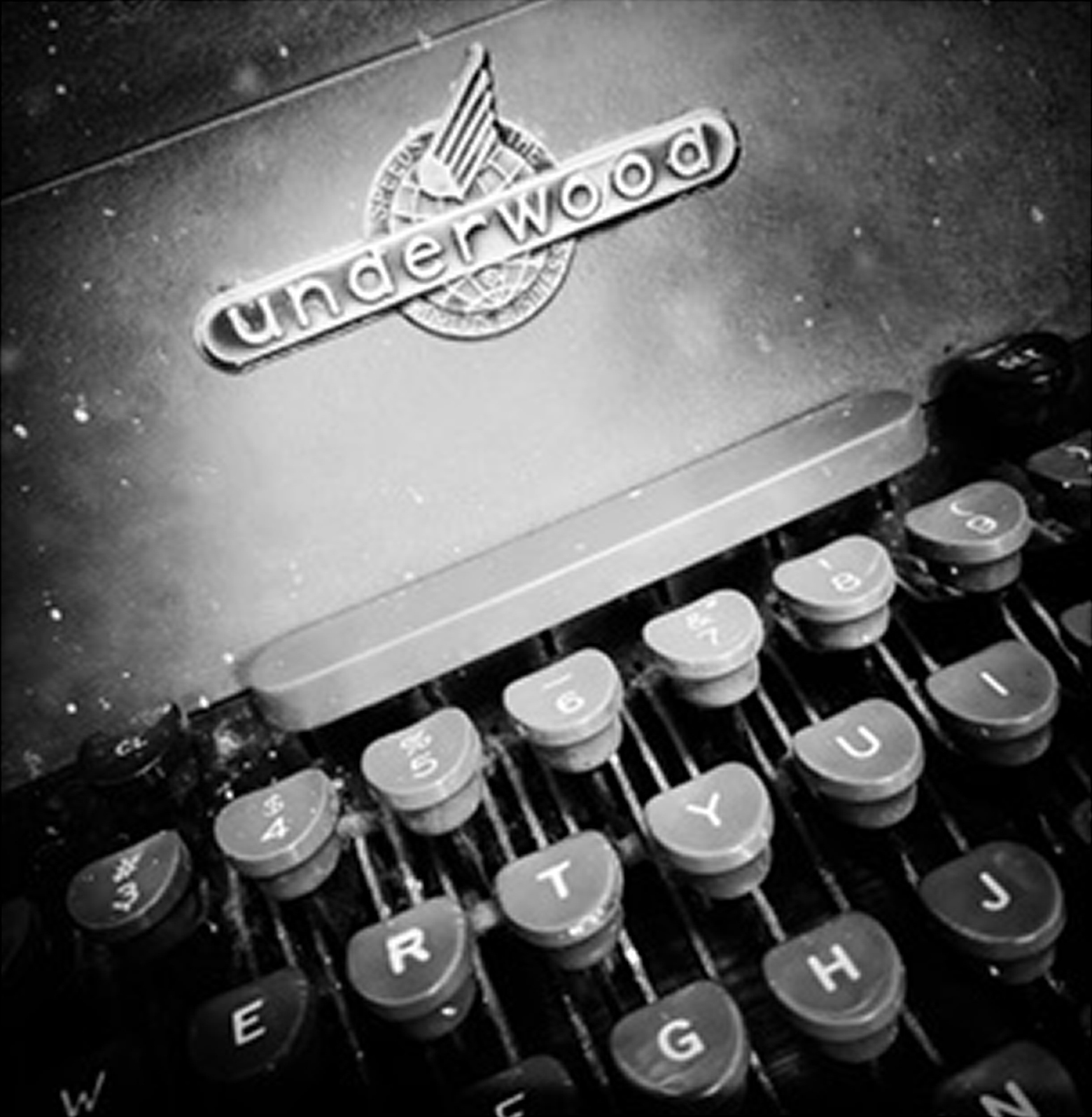We use cookies to improve our services and remember your choices for future visits. For more information see our Privacy Policy and Terms of Use.
Sy Safransky on Writing and The Sun
Selections from the Archive
Dear Reader,
In our December 2023 issue we included a letter from our founder, Sy Safransky, who is stepping down after fifty years at the helm of The Sun. In addition to being the magazine’s editor since 1974, he’s also been a frequent contributor, writing essays, letters, and numerous entries in the recurring Sy Safransky’s Notebook feature.
Presenting readers with a representative collection from his long tenure at the magazine is impossible. Any attempt would inevitably obscure more about his body of work than it reveals. Instead we’ve chosen to share some of Sy’s pieces about writing—and about The Sun.
Take care and read well,
Derek Askey, Associate Editor
Many readers admire Sy’s candor and ruthless self-reflection. I love those qualities, too, but another one I’ve always appreciated is his sense of wonder. In this essay marking The Sun’s thirty-third anniversary, Sy tries a new way of envisioning all of the magazine’s readers: by their collective weight, which is roughly the same as that of a thousand elephants.
A Thousand Elephants
The other day, I was wondering just how much influence The Sun can have in a country of 300 million people. Circulation numbers seemed like too crude a yardstick; I might as well gauge the magazine’s influence by calculating its readers’ aggregate weight. Well, I thought, why not?
January 2007When I first started working at The Sun in 2014, there was a curious decoration—or, at least, that’s how I thought of it—in Sy’s office: a massive gray typewriter that looked like it came from another century. In fact, it had. It was his beloved Underwood, a piece of paper on its platen (I think I have that terminology right) on which the apparently exasperated repairman had scrawled, “Cannot repair.” This Editor’s Note describes Sy’s final days with that mighty steel beast.
Last Words
I remember the thud; the carriage bell ringing once, with the impact; then ringing again, as if in disbelief. The Olympia worked after that, but not well, the way a car that’s been in a wreck is never the same — and who knows why?
September 1987Sy is someone who can frequently pull up, from memory, an author’s quote about writing. (This Notebook entry has an incredible one from Annie Dillard, and here’s an equally excellent one from Red Smith.) But I’d put this one of Sy’s, from his May 2002 Notebook, up against any of those that he so admires.
May 2002
What a busy little gardener I’ve become, pruning these sentences with such care, clippers always at the ready, clip clip. But beyond the rose garden is the meadow and beyond the meadow is the forest and deep inside the forest is the river and the river runs to the sea. I can’t get to the sea by working on my roses, by making them picture perfect.
May 2002Fundraising appeals at The Sun have never been the sort of things that are typed up the day before they’re due, like they’re a distraction from the real work of putting out a magazine. Rather, they’re as fussed over as anything else that appears in an issue and expected to contain the same heartfelt, honest prose for which the magazine is known. They should say something. It might seem strange to include a letter like this in a collection of Sy’s writing, but in truth some of his clearest and most affecting words came when he was speaking directly to Sun readers. I especially like this one because he talks about the long struggle that running The Sun has been, but also because he brings up an old friend, the poet Jimmy Santiago Baca, whose work we reprinted earlier this year.
A Friend of The Sun
A friend sent him a copy of The Sun, which spoke to him, he said, with writing that was honest and humble. Baca submitted some of his poems. He remembered the hot summer day when he got our acceptance letter, which made him feel recognized, he said, “as a human being, first and foremost, who happened to be a writer, who happened to be a prisoner.” He remembered, too, the check for ten dollars. “It was the first money I had ever earned from writing. To me, at the time, it was like receiving the Nobel prize.” He went directly to the commissary and bought ten dollars’ worth of ice cream.
June 2004We’ll mail you a free copy of this month’s issue. Plus you’ll get full online access—including more than 50 years of archives.
Request a Free Issue